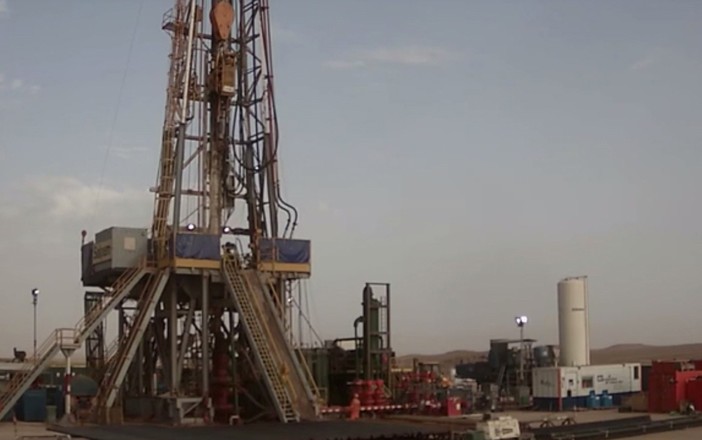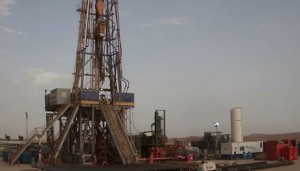London South East
By Joshua Warner
LONDON (Alliance News) – Sound Energy PLC on Tuesday said the third well to be drilled on the Tendrara licence onshore Morocco has confirmed the potential of the TAGI reservoir while establishing the proven hydrocarbon system in Algeria spreads into Morocco.
TE-8 was the third well to be drilled by Sound Energy, which was drilled to a target depth of 3,120 metres, some 258 metres into the Paelozoic.
“The company is delighted to report that the TE-8 well has successfully identified and penetrated the full sequence of Westphalian sands in the Paleozoic beneath an intraformational seal with gas shows observed during drilling,” said Sound Energy.
Sound Energy said it completed logging using the Saturn 3D Radial Probe MDT, but said that was unable to test those sands. However, they are believed to be permeable and likely able to be produced across the Tendrara and Meridja licences with mechanical stimulation, Sound said.
The existence of the Westphalian sands, a proven producing Paleozoic sequence in neighbouring Algeria, in a separate petroleum system establishes the westward extension of the primary hydrocarbon system proven in Algeria into Morocco.
“The company therefore confirms a material derisking of the 3.00 trillion cubic feet low case to 10.00 trillion cubic feet upside case original gas in place (gross) Paleozoic potential captured in Sound Energy’s Eastern Morocco preliminary volume estimates,” said Sound Energy.
The company also confirmed the identification of the full sequence of thick TAGI reservoir sands extending some 12 kilometres to the north-east of the company’s previous two wells at Tendrara.
“Gas shows in the TE-8 well, confirm the presence of the four-way dip closed trap mapped on seismic. The Saturn MDT has confirmed the TAGI sands at the TE-8 location are likely tight, and the extent of the gas column in TE-8 is therefore still under evaluation,” said Sound Energy.
“The TE8 logging results are still consistent with a very significant single gas column across Tendrara and Meridija with a continuous extended structure, which can be validated with the TE1 re-entry,” Sound Energy added.
The company will now take sidewall core samples and then suspend TE-8 in preparation for future operations, which may include mechanical stimulation of this well or a sidetrack. The company will update its static geological models and volumetric evaluation. Sound said “this is likely to include an immediate re-entry of the TE-1 well”.
Sound Energy also reported its 2016 annual results on Tuesday, posting a pretax loss of GBP15.2 million compared to the GBP18.3 million loss a year earlier, due to higher levels of impairments, rising operating costs and higher administrative expenses. Cash at the end of 2016 was at GBP46.8 million.
Sound Energy shares were down 0.9% at 83.0 pence per share on Tuesday.
By Joshua Warner; joshuawarner@alliancenews.com; @JoshAlliance
Copyright 2017 Alliance News Limited. All Rights Reserved.








